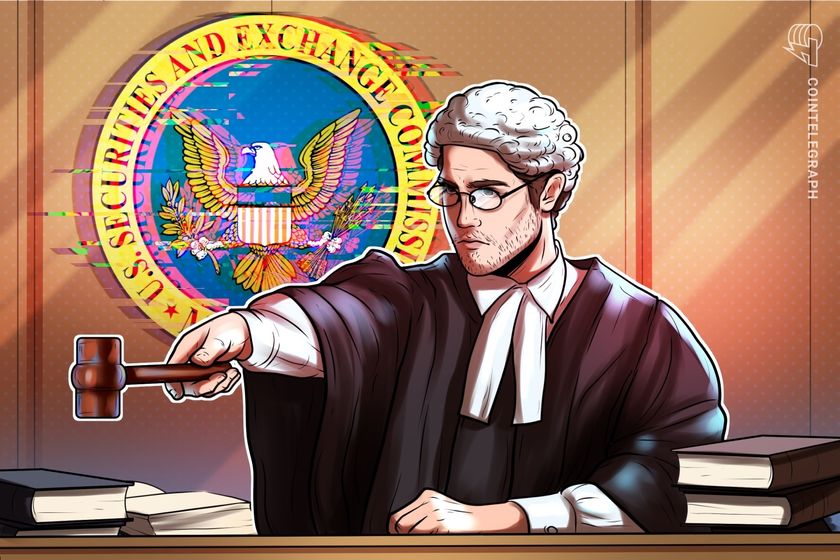

Jay Clayton, recently appointed interim US Attorney for the Southern District of New York (SDNY) and former chair of the Securities and Exchange Commission, has begun offering statements in criminal cases involving crypto fraud.
In an April 23 notice, the US Attorney’s Office said Eugene William Austin, also known as Hugh Austin, had been sentenced to 18 years in prison following his conviction on conspiracy to commit wire fraud, conspiracy to commit money laundering, and conspiracy to commit interstate transportation of stolen property. Together with his son, Brandon, sentenced to four years, Austin offered fraudulent crypto investment services, resulting in roughly $12 million in losses to more than 24 people.
“For years, Hugh Austin was the leader of a fraud and money laundering scheme that stole more than $12 million from more than two dozen victims,” said Clayton. “Austin involved his own son in his crimes, working with him to rip off victims and spending investor money on personal expenses, like luxury hotels […] Austin will now be held accountable for the harm he caused to individual investors and others.”
The criminal case involving digital assets marked one of Clayton’s first public statements since becoming the interim US Attorney on April 22. US President Donald Trump nominated Clayton on Jan. 20 when he took office. The district has since seen the resignation of acting US Attorney Danielle Sassoon in response to the Justice Department directing her to halt a case against New York City Mayor Eric Adams.
Related: US prosecutors file over 200 victim statements in Celsius ex-CEO’s case
The nation’s ‘sovereign district’ overseen by a Trump appointee?
Under current law, Clayton can serve as interim US Attorney for the district for 120 days without Senate confirmation. Senate Minority Leader Chuck Schumer blocked a vote on Clayton’s nomination, saying Trump had “no fidelity to the law.”
Clayton will likely oversee SDNY during the sentencing hearing for former Celsius CEO Alex Mashinsky and potentially other criminal cases involving cryptocurrency. The district is home to Wall Street firms and many of the country’s most prominent financial institutions.
Magazine: SEC’s U-turn on crypto leaves key questions unanswered



